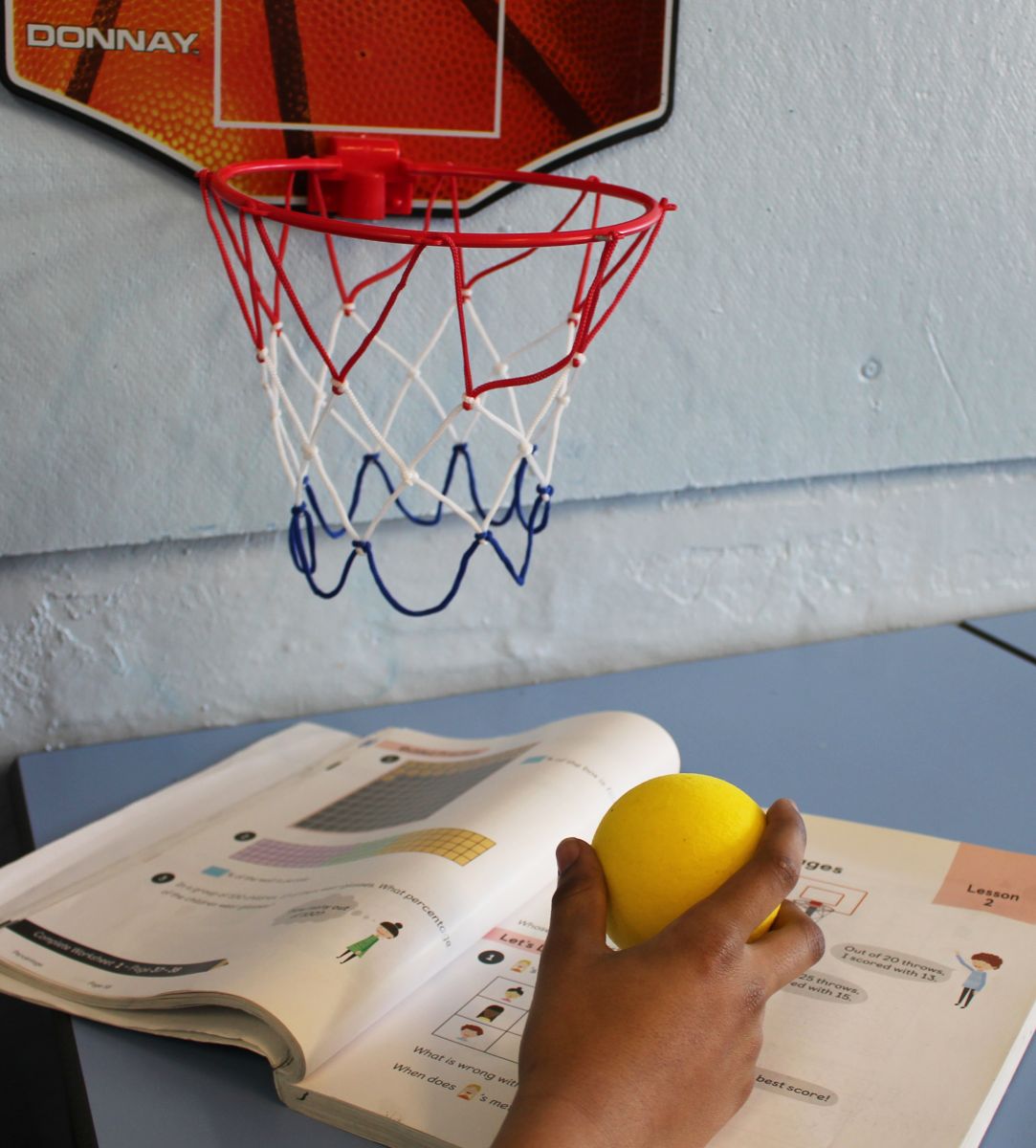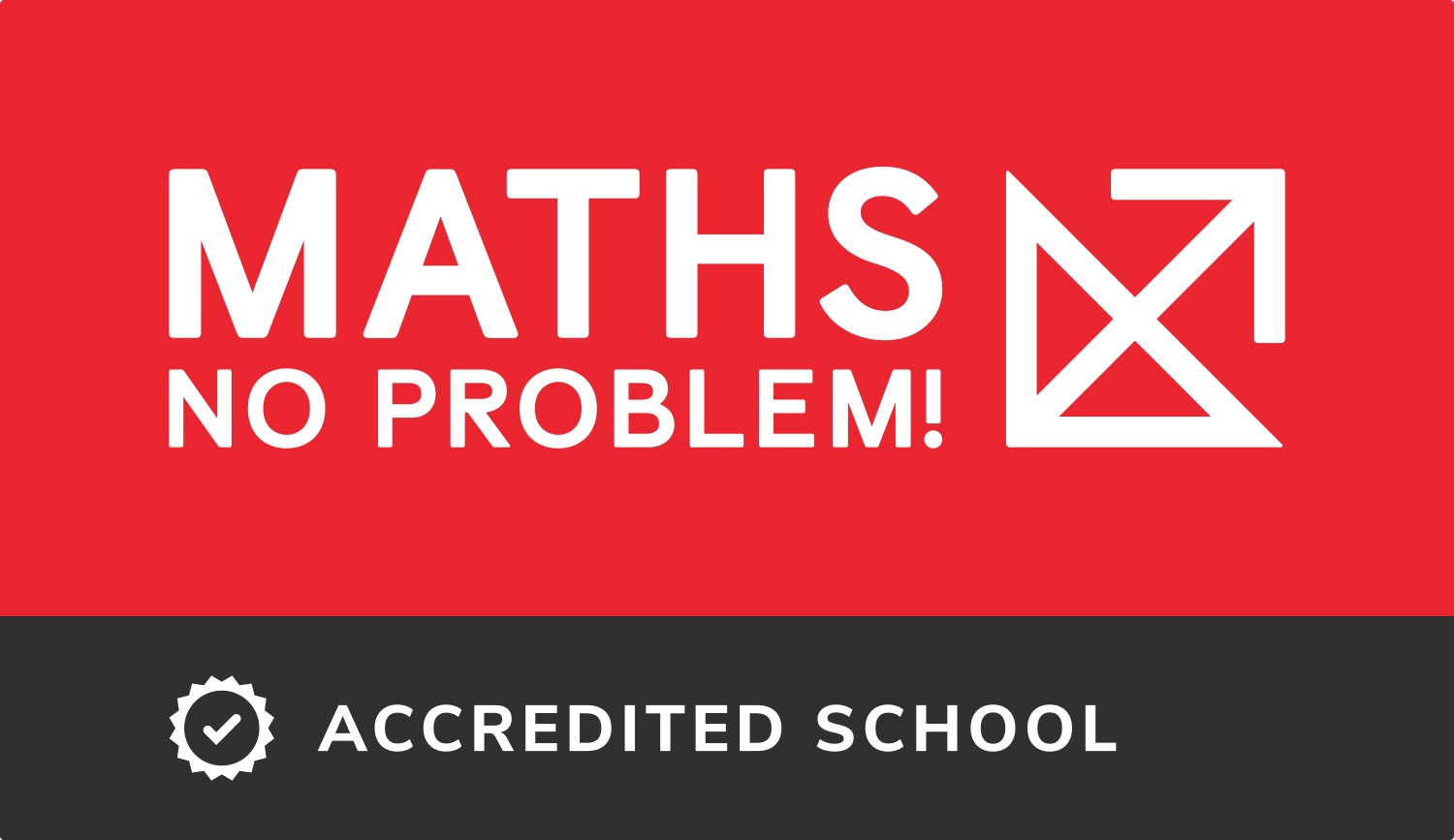Why we love maths at Belleville!
'Manipulatives help us understand our thinking because we don’t have to imagine what we need, we can actually feel and see'.
Kwame, Year 4.
Sometimes maths isn’t seen as fun or creative but in a Belleville maths lesson you might find rows of cupcakes, plates of biscuits or baskets of apples! But it isn’t all food. Problem solving is at the heart of our teaching of maths and real problems need real ‘stuff’. Through the use of manipulatives, our lessons are exciting and interesting. Whether we are sharing slices of pizza or chocolate bars in our teaching of fractions or making equal groups with flowers, balloons, cupcakes or even sausages in our teaching of multiplication, our lessons use real-life problems as their foundation. Real life problems need real life resources!
'Manipulatives make it funner and easier to understand and get us to do more things'
Isabel, Year 4.

'Manipulatives help us understand because it’s hard to think of the problem in your head. You can try to use them to explain the answer in lots of different ways'.
Yunus, Year 6.
The use of real life resources support our children's understanding of concepts and develop their use of mathematical vocabulary. Our children working with their teachers show us how to proceed through the strategies for the four operations using the appropriate mathematical language and the formal layout for calculation used in different year groups.

Using the first Department for Education recommended textbook and workbook means our students have a clear progression across concepts and opportunity to deepen their understanding through additional activities. Lessons follow a clear progression from year to year and from lesson to lesson over units of learning. Belleville’s reputation in teaching maths ‘Singapore style’ extends beyond our community. Not only are we leaders in the London South West Maths Hub , we are also a Maths No Problem! accredited school.

Our training and professional development, in school and across the Q1E Trust, play an important role in cultivating great maths teachers within school and beyond.
And it’s not just our teachers who work with others on developing their maths knowledge. Our year four classes shared their multiplication understanding using video conferencing to test classes in other schools!

The skills learned in maths can be found in many subjects across the curriculum. Our problem solving skills and language are used in science, geography and PSCHE, whilst data interpretation and presentation can be seen in geography, history, RE, PSCHE and science. Angles and co-ordinates are seen in PE and time and money in history, geography, languages and PSCHE.
How do we teach maths at Belleville
Within Belleville (and across all schools in our Trust), maths teaching follows the mastery approach that is at the heart of the National Curriculum and is taught using ‘Singapore style’ maths. Singapore has consistently ranked amongst the highest countries in the international PISA tests due to their world renowned methods in the teaching of maths.
Our maths curriculum follows the National Curriculum objectives for each year group. As in Singapore, maths at Belleville is taught through the use of the concrete-pictorial-abstract (C-P-A) approach, from Bruner’s enactive-iconic-symbolic modes of representations, giving our students a deep understanding of mathematical concepts. We use the 'Maths - No Problem!' textbook scheme - the first textbook to meet the DfE textbook criteria - ensuring lessons build on one another in a clear, logical progression and problem solving and reasoning skills are mastered.
Each of our lessons flow through a number of core parts, and with additional fluency and consolidation and deepening activities, ensure that pupils:
• become fluent in the fundamentals of mathematics, including through varied and frequent practice with increasingly complex problems over time, so that pupils develop conceptual understanding and the ability to recall and apply knowledge rapidly and accurately
• reason mathematically by following a line of enquiry, conjecturing relationships and generalisations, and developing an argument, justification or proof using mathematical language
• can solve problems by applying their mathematics to a variety of routine and non-routine problems with increasing sophistication, including breaking down problems into a series of simpler steps and persevering in seeking solutions
• have a high-quality mathematics education that provides a foundation for understanding the world, the ability to reason mathematically, … and a sense of enjoyment and curiosity about the subject.
• meet the expectation that the majority of pupils will move through the programme at broadly the same pace with decisions about when to progress based on the security of pupils’ understanding and their readiness to progress to the next stage. Pupils who grasp concepts rapidly are challenged through being offered rich and sophisticated problems before any acceleration through new content. Those who are not sufficiently fluent with earlier material consolidate their understanding, including through additional practice, before moving on.
Our maths lessons
Our lessons start with a short practice of known facts to develop our children’s ability to recall rapidly and accurately.
Prior learning is triggered with a recap of the previous lesson or, when starting a new unit of work, the previous year to ensure knowledge is built upon.
Every lesson develops around an open-ended problem as a starting point for learning. Usually the question can be investigated and answered using multiple strategies with the teacher bringing together ideas to teach the most efficient method. The concrete-pictorial-abstract approach is used throughout to support the deep understanding of concepts. Students solve the main problem in small groups or with partners with teacher questioning giving opportunity for exploring and articulation of explanations by the students before moving onto practicing the chosen method.
'We work with partners together to solve and understand questions that relate to independent work'.
Louis, Year 6.
Using the Singapore approach to teaching maths encourages students to explore their thinking using manipulatives and pictorial representations before moving onto the abstract. For quick learners, this gives them opportunity to examine concepts in different ways and make judgements as to the efficiency of different methods as well as articulating their learning with high expectations of the use of mathematical reasoning. For those who may struggle with maths, their understanding is supported through the use of manipulatives.
Addressing misconceptions, using mathematical dialogue and taking part in discussions are important parts of our lessons giving our children the opportunity to reason mathematically, develop an argument, justify decisions and compare the efficiency of different strategies.
'In maths we discuss the problem as well as show our understanding'.
Angela, Year 6
Students build upon their understanding of the maths concepts through a series of increasingly more difficult problems. Children tackle questions that progress from one another, developing into more unfamiliar problems that extend understanding of the lesson objective.
The problems are usually completed through paired work, involving articulation and solution using the concrete-pictorial-abstract approach to promote a deep understanding of the concept. The use of the concrete-pictorial-abstract approach is used to support struggling learners and encourage creative, joined-up thinking by quick learners.
'Manipulatives help us by us being able to lay out the picture clearly rather than you having to do everything in your head. They challenge us because with them we have to show our understanding and thinking on the question'.
Alice, Year 4.
Workbooks, covering the National Curriculum and beyond, provide independent practice and additional activities consolidate and deepen conceptual learning. These activities reinforce student’s new understanding and offer practice and independent learning. Questions progress through familiar strategies to unfamiliar, non-routine problems that develop a deeper understanding of the lesson objective. Additional activities are provided to extend the students’ understanding of their new learning.

